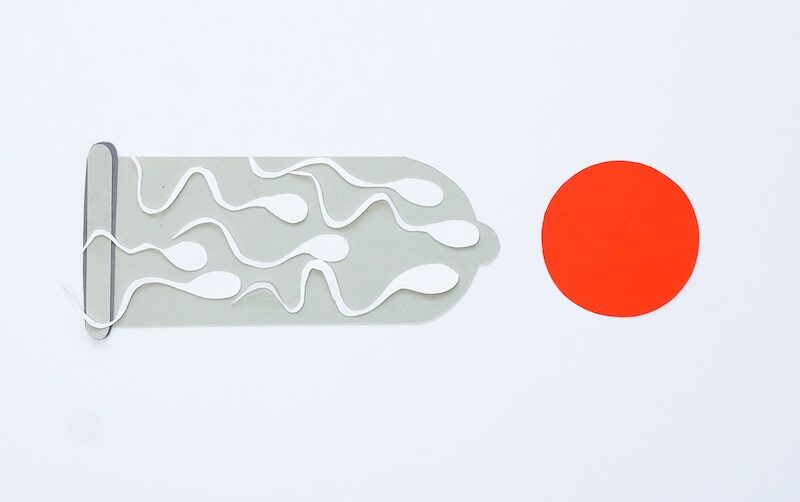Your menstrual cycle can be affected by many things. If you have a very irregular period, talk to your doctor or visit a family planning clinic and get a check up.
It’s important to use contraception, especially if you’re thinking of having sex. Condoms protect against pregnancy and STIs, but they don’t always work.
Stress
Stress levels can definitely affect your menstrual cycle and may cause a late period. If you’re consistently having periods that are light, late or skipping altogether, then it’s a good idea to talk with a professional counselor about ways to lower your stress levels.
If you’re using a hormonal birth control method and you haven’t had unprotected sex or a missed period since your last cycle, then there’s an extremely low chance that you’re pregnant. However, if you are consistently having late or missed periods and you haven’t used a birth control, then it’s always best to take a pregnancy test.
A late or skipped period is a common and normal experience. But if you’re worried that you could be pregnant, it’s a good idea to consult with a healthcare professional for personalized guidance.
Hormones
If your girlfriend is worried about being pregnant, she can get a pregnancy test at her doctor or local family planning clinic. The best time to do this is after sex, so that the hCG (the pregnancy hormone) has had a chance to show up in the urine or blood.
It is also possible that she has a condition called polycystic ovary syndrome, which causes a hormonal imbalance and can lead to late periods. This is a very common condition that affects many young women and usually is not related to having sex. If you are bothered by her irregular periods, you can talk to a gynecologist about it and see what can be done to make it more regular.
The most important thing is to use a condom every time you have sex. That is the most effective way to prevent pregnancy. It is also a good idea to use a backup method of contraception, such as the pill or diaphragm, after sex. Using a backup is especially important if you have a very short menstrual cycle.
It’s not unusual to have a late period after having protected sex. However, it is always better to be safe than sorry and to take a pregnancy test when you think you might be pregnant. A gynecologist or the sexual health clinic can provide a free pregnancy test.
Condoms
When a woman is on her period, using condoms for protection is really important. This is because the cervix becomes wider, and sperm can get into the vagina more easily. Also, a woman’s ovulation may overlap with her menstrual flow.
A condom can help to prevent pregnancy and STIs (such as chlamydia and gonorrhoea) when used properly with every act of sex. However, it’s important to remember that no method of birth control has a 100% rate of effectiveness. There is always a small chance that a condom could break without anyone knowing or that pre-ejaculation “pre-cum” might reach the egg before a condom can be put on correctly.
Condoms are available in most drugstores and supermarkets, often in the family planning section. They are cheap, easy to use and are a great way for both partners to take responsibility for protecting themselves. They can be bought in boxes of several and do not require a prescription or doctor’s visit. Some people are allergic to latex, in which case polyurethane or polyisoprene condoms can be substituted. It is best to use a non-lubricated, non-oil-based lubricant when wearing a condom, as oil can damage rubber. Spit or saliva can be used as a lubricant but is not recommended for sexual intercourse because it can contain bacteria that can cause an infection.
Other factors
There are a number of things that can affect your menstrual cycle and cause it to be late, even when you’ve been using protection. These factors may not have any connection to sex but can include chronic diseases like diabetes, celiac disease or Lyme disease. If you have a condition such as polycystic ovary syndrome (PCOS), that causes hormonal imbalances, it can interfere with the ovulation process and lead to late periods.
A late period doesn’t necessarily mean you’re pregnant, but it is a good idea to take a home pregnancy test or consult your doctor if you have any concerns. If you use a reliable method of birth control and had sex during your fertile window, the chances of pregnancy are very low. Nonetheless, if you’re concerned about being pregnant, talk to your doctor or visit a family planning clinic or sexual health center for a free pregnancy check.




Leave a Comment